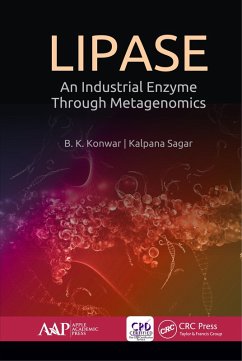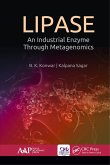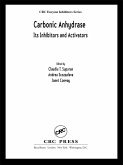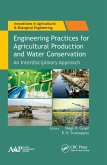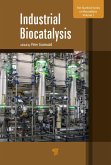Lipase-producing bacteria are available in different habitats, such as industrial wastes, vegetable oil processing factories, dairy plants, and soils contaminated with oil and oil seeds, among others. This volume is the effort of the authors to document the scientific findings carried out over the last eight years in the area of un-culturable soil microorganisms. The book presents the physic-chemical features of lipases and their specific applications in different commercial industries. The in-depth study looks at metagenomics for lipases from all angles and provides a truly informative resource. It describes the biochemical characterization of lipase enzymes with the high activity in the presence of 1% tributyrin.
A wide review has been presented in the book on lipase enzymes purified from a large collection of microbes present in soil, seawater, waste-dumping sites, animal systems (including human beings), and the atmosphere. Stability of enzymes over changing environments of the industry is indeed a big issue, and the book deals at length with the changing temperatures and pH and metal ion concentrations.
Dieser Download kann aus rechtlichen Gründen nur mit Rechnungsadresse in A, B, BG, CY, CZ, D, DK, EW, E, FIN, F, GR, HR, H, IRL, I, LT, L, LR, M, NL, PL, P, R, S, SLO, SK ausgeliefert werden.

